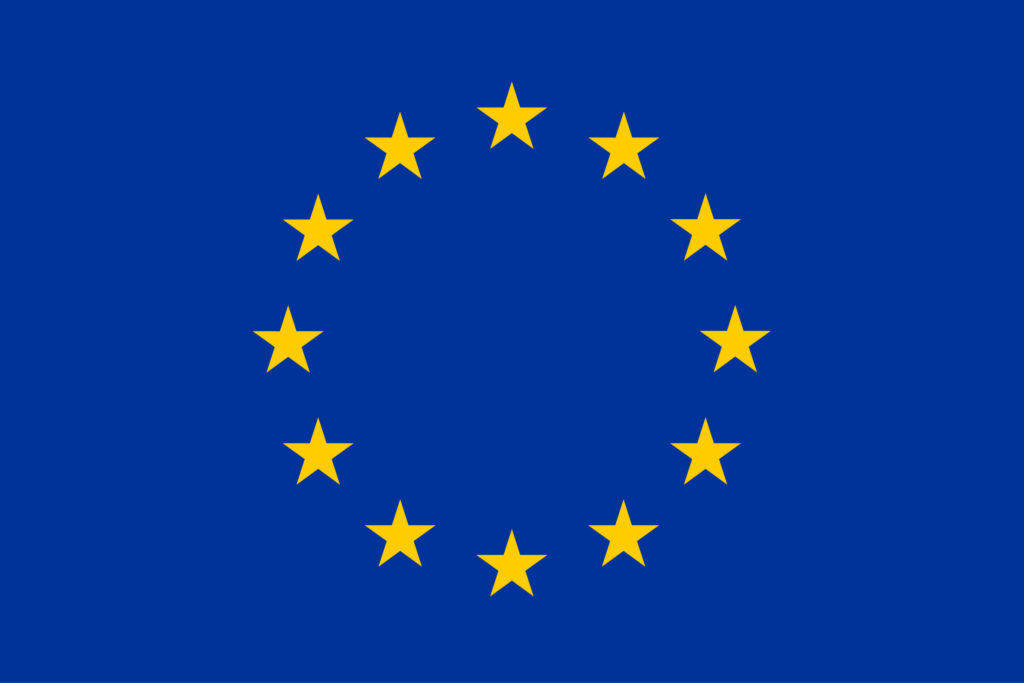Menu
Importance of the study
Biomarkers are pivotal in healthcare and medical research. They can be used to diagnose diseases, track disease progression, predict risks, and potentially predict treatment responders. In the field of human microbiomes, hundreds of potential biomarkers are discovered each year, but only a few proceed with qualification or clinical implementation.
“This paper should serve as a foundation to define future collaborative efforts needed to foster the emergence of microbiome-based biomarkers and promoting the application of microbiome science in clinical practice and personalized medicine,” explains Céline Druart, Executive Director of the Pharmabiotic Research Institute.
Key findings
Recommendations to overcome challenges based on a robust Delphi survey asking 93 experts from 21 countries:
Embracing a unified approach
The Human Microbiome Action project, guided by insights from a comprehensive Delphi survey, promotes a unified approach, extending an open invitation to join the European Microbiome Centres Consortium (EMCC) to foster interdisciplinary collaboration and advance microbiome research.
“We anticipated the creation of the EMCC as a means to secure the sustainability of the results of the project, as well as a forum open to collaborate on microbiome-based preventive and therapeutic strategies,” said Joël Doré, Coordinator of the Human Microbiome Action project.
The concerted effort of academia, industry, regulatory bodies, and policymakers is vital for translating microbiome research into clinical applications, thereby enhancing health diagnostics and treatments globally.
Other authors on the study are Julie Rodriguez, Zahra Hassani, Carolina Alves Costa Silva, Fay Betsou, Federica Carraturo, Alessio Fasano, Mads Israelsen, Anandhi Iyappan, Aleksander Krag, Amira Metwaly, Robert Schierwagen, Jonel Trebicka, Hub Zwart, and Magali Cordaillat-Simmons.

This study received funding from the European Union’s Horizon 2020 research and innovation programme under grant agreement no. 946590.
Rodriguez J, Hassani Z, Alves Costa Silva C, Betsou F, Carraturo F, Fasano A, Israelsen M, Iyappan A, Krag A, Metwaly A, Schierwagen R, Trebicka J, Zwart H, Doré J, Cordaillat-Simmons M, Druart C; Human Microbiome Action Consortium. State of the art and the future of microbiome-based biomarkers: A multidisciplinary Delphi consensus. Lancet Microbe. Published online September 4, 2024. DOI: 10.1016/j.lanmic.2024.07.011
The European Microbiome Centres Consortium (EMCC) is a network of institutions that has been created as a legacy of the EU-funded Human Microbiome Action project to foster innovative translational developments, potentially transforming preventive nutrition and healthcare, and to influence regulatory frameworks in Europe, advocating for the acknowledgement of scientific consensus and requirements in the field of microbiome research.
European Foundation for the Study of
Chronic Liver Failure
Avinguda Diagonal 477, 11th floor
08036 Barcelona, Spain
Tel: +34 93 227 14 00
Email: Send us an email
© 2025 European Foundation for the Study of Chronic Liver Failure

| Cookie | Duration | Description |
|---|---|---|
| cookielawinfo-checkbox-analytics | 11 months | This cookie is set by GDPR Cookie Consent plugin. The cookie is used to store the user consent for the cookies in the category "Analytics". |
| cookielawinfo-checkbox-functional | 11 months | The cookie is set by GDPR cookie consent to record the user consent for the cookies in the category "Functional". |
| cookielawinfo-checkbox-necessary | 11 months | This cookie is set by GDPR Cookie Consent plugin. The cookies is used to store the user consent for the cookies in the category "Necessary". |
| cookielawinfo-checkbox-others | 11 months | This cookie is set by GDPR Cookie Consent plugin. The cookie is used to store the user consent for the cookies in the category "Other. |
| cookielawinfo-checkbox-performance | 11 months | This cookie is set by GDPR Cookie Consent plugin. The cookie is used to store the user consent for the cookies in the category "Performance". |
| viewed_cookie_policy | 11 months | The cookie is set by the GDPR Cookie Consent plugin and is used to store whether or not user has consented to the use of cookies. It does not store any personal data. |